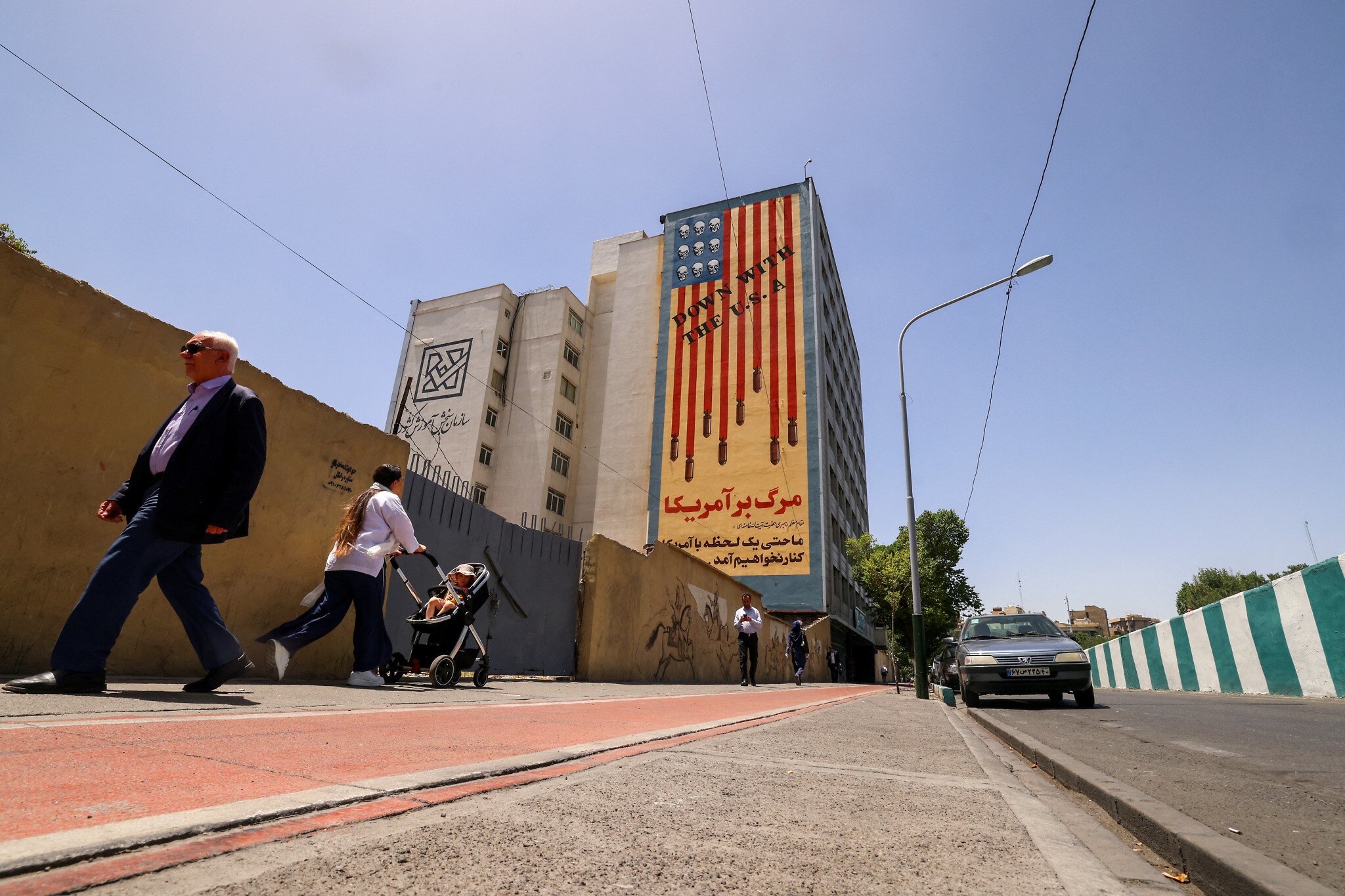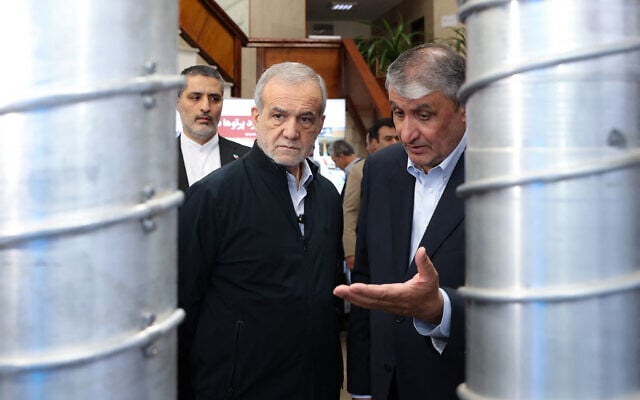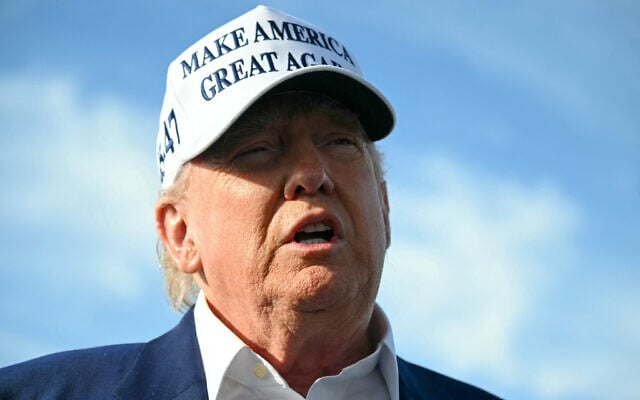



Iran will not consider temporarily suspending uranium enrichment to secure a nuclear deal with the US, a foreign ministry spokesperson said on Monday, adding that no date had yet been set for a sixth round of talks with Washington.
Meanwhile, the country’s president appeared to downplay the consequences should talks fall apart, saying Iran won’t starve under sanctions.
The negotiations between Washington and Tehran aim to resolve a decades-long dispute over Iran’s nuclear ambitions, and both sides have taken a tough stance in public over the issue of Iran’s uranium enrichment.
Asked about reports that Iran could freeze enrichment for three years to reach an agreement, spokesperson Esmaeil Baqaei told a press conference: “Iran will never accept that.”
Baqaei also ruled out the possibility of an interim nuclear deal with the US, dismissing media reports that a provisional agreement was being considered as a temporary step toward a final deal.
Iranian President Masoud Pezeshkian said Monday Iran would be fine even if the sides are unable to come to a deal and more sanctions are applied, according to state media.
“It’s not like we will die of hunger if they refuse to negotiate with us or impose sanctions. We will find a way to survive,” Pezeshkian was quoted saying.
US President Donald Trump said on Sunday that US negotiators had “very, very good” talks with an Iranian delegation over the weekend and appeared to hint that a deal was coming together.
“I don’t know if I’ll be telling you anything good or bad over the next two days, but I have a feeling I might be telling you something good,” he told reporters in northern New Jersey after leaving his golf club, where he spent most of the weekend.
Iran is waiting for further details from mediator Oman regarding the timing of the next round of talks, Baqaei said.
“If there is goodwill from the American side, we are also optimistic, but if talks are aimed at curbing Iran’s rights then talks will get nowhere,” he added.
Trump wants to curtail Tehran’s potential to produce a nuclear weapon that could trigger a regional nuclear arms race and threaten Israel, but has been vague on whether his administration would accept a limited amount of nuclear enrichment.
During his first term, the US president ripped up a 2015 deal that capped nuclear enrichment at just 3.67 percent, and in recent years Tehran has begun to produce material to near-weapons grade levels.
Iran, for its part, maintains its nuclear program is exclusively for civilian purposes and is seeking to lift devastating sanctions on its oil-based economy.
Israel has threatened to take military action to destroy Iran’s nuclear program, but is seen as unlikely to do so while talks are taking place. Jerusalem has demanded that any deal completely dismantle Iran’s ability to enrich nuclear material at any level.



